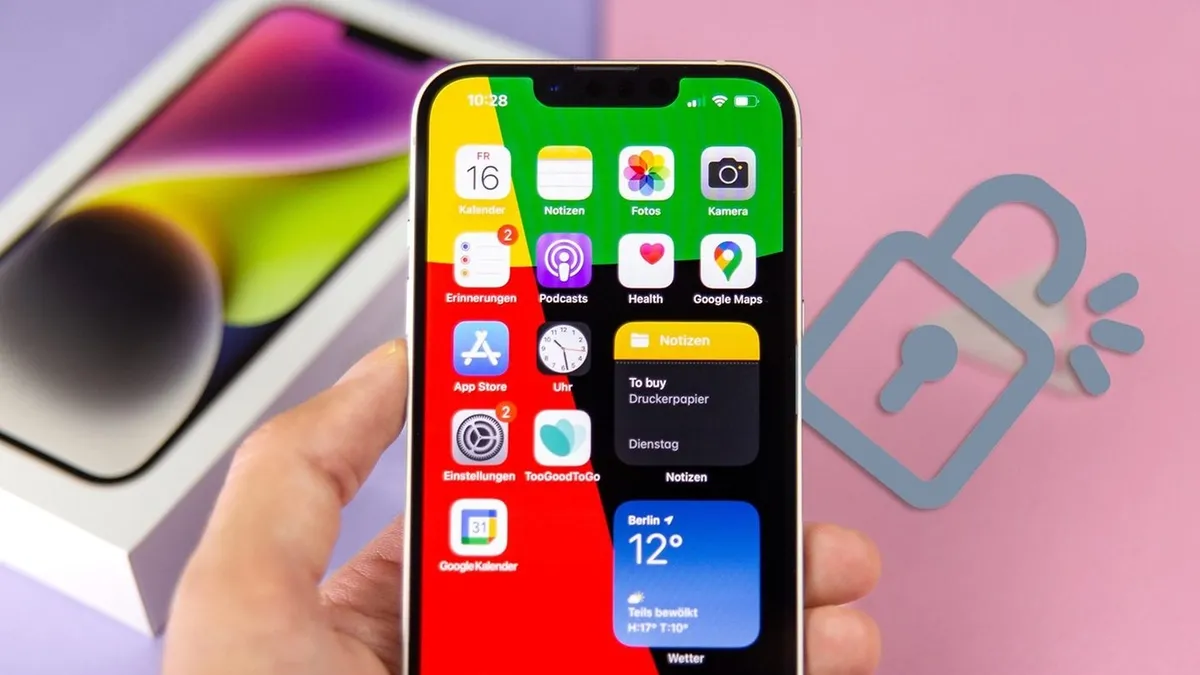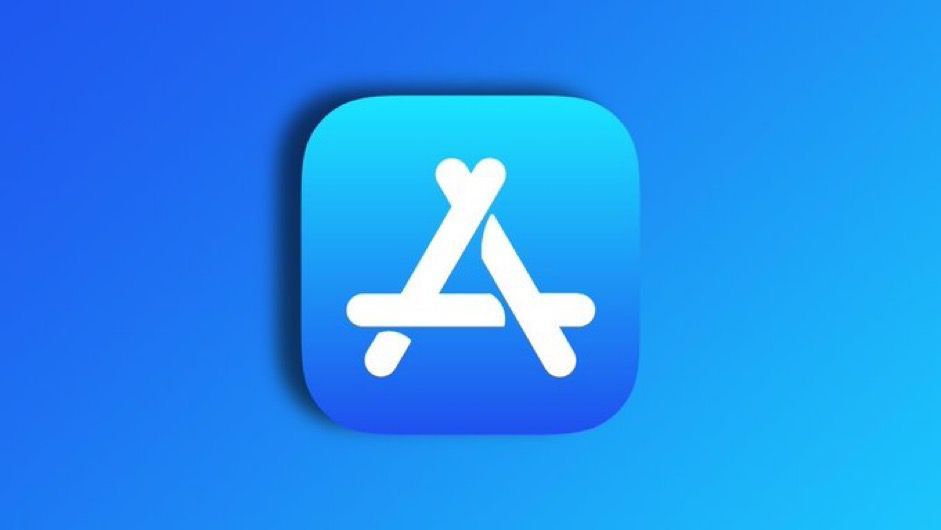Highlights
- EU’s DMA mandates Apple to permit sideloading of third-party apps on iPhones.
- Sideloading to be initially limited to the 27 EU member countries.
- Change aims to enhance user choice and market competition.
- Apple’s security concerns addressed with user responsibility for app safety.
The European Union’s Digital Markets Act (DMA) is bringing a transformative change to Apple’s iPhone ecosystem, particularly in the way apps are installed and used.
One of the most significant implications of this act is that it compels Apple to allow the sideloading of third-party apps on iPhones.
Understanding Sideloading in the EU Context

Sideloading refers to the process of installing apps on a device from sources other than the official app store, in this case, outside of Apple’s App Store.
Historically, Apple has been stringent about its ecosystem, allowing applications to be downloaded and installed only through its official App Store.
This policy has been a cornerstone of Apple’s approach to security, ensuring that all apps undergo rigorous vetting processes to minimize the risk of malware.
However, the EU’s DMA is set to change this long-standing policy, at least within its member countries.
This move is seen as an effort to open up the digital market and reduce the monopolistic control exerted by major tech firms like Apple.
For users in the EU, this means they will have the option to download and install applications from sources other than the App Store, potentially increasing the variety and availability of apps.
The Implications for iPhone Users and Developers

- Increased Flexibility and Choice for Users: EU iPhone users will have access to a broader range of apps, including those not available on the App Store. This could include apps that offer different functionalities or those that might not comply with Apple’s strict app policies.
- Security Considerations: One of Apple’s primary concerns with sideloading has been the potential increase in security risks. Users installing apps from external sources might be more susceptible to downloading malicious software. In the EU, the responsibility for avoiding such risks will shift more towards the users.
- Impact on App Developers: For developers, this opens up a new avenue to reach iPhone users directly without going through the App Store’s approval process and its associated fees. This could be particularly beneficial for smaller developers or those creating niche apps.
- Regional Limitations: As of now, this change is expected to be limited to the 27 EU member countries. Outside these countries, Apple’s traditional approach to app installation is likely to continue.
- Apple’s Compliance and Potential Penalties: Apple will need to comply with these regulations to avoid hefty fines. The EU has set significant penalties for non-compliance, underscoring the seriousness of these regulatory changes.

FAQs
What does iPhone app sideloading mean under the EU’s DMA?
Sideloading on iPhones, as influenced by the EU’s Digital Markets Act (DMA), refers to the ability for users to install apps from sources outside the official Apple App Store.
This regulatory change is aimed at breaking Apple’s tight control over app installations, providing EU users with more flexibility and choice.
Will sideloading be available for iPhones globally?
Currently, the allowance for sideloading apps on iPhones is expected to be confined to the 27 EU member countries, in line with the DMA’s jurisdiction.
This means that outside these nations, Apple’s traditional app installation methods via the App Store will likely remain unchanged.
What are the potential risks of sideloading for iPhone users?
Sideloading apps can potentially expose users to increased security risks, such as malware and trojans.
With this new policy, iPhone users in the EU will bear more responsibility for ensuring the safety of the apps they install from non-App Store sources.
How does app sideloading benefit iPhone users and developers?
This change benefits users by offering a wider range of app choices and potentially promotes innovation by allowing developers to reach users directly without App Store constraints.
It also helps smaller developers who might find it challenging to comply with App Store policies.
What is Apple’s Plan to Comply with the EU’s DMA ?
Apple is preparing to make significant changes to the App Store to comply with the EU’s Digital Markets Act (DMA). These changes are expected to roll out in the coming weeks.
Under the EU DMA, Apple will be obligated to allow users in Europe to install third-party app stores and sideload apps on their iOS devices.
This means that they will have the option to download apps from sources other than the official App Store, giving them more freedom and flexibility in choosing and accessing their favorite applications.
In addition to enabling sideloading, Apple will also have to enable developers to promote their offers outside the App Store and use third-party payment systems. This will allow developers to have more flexibility in reaching their target audience and offering their products or services in ways that best suit their business models.
The changes introduced as part of Apple’s compliance with the EU’s DMA will have a significant impact on how the App Store, Siri, and FaceTime function in Europe. These changes aim to create a more competitive and open digital market, similar to that of Android devices.
What are the Implications of Sideloading in the EU?
The European Union is one of Apple’s biggest markets, and complying with the DMA was an inevitable step for the company.
While Apple has opposed sideloading in the past due to privacy and security concerns, it will now make changes to adhere to this policy.
This move will enhance user choice and versatility in-app installation, while also meeting the requirements of the EU’s antitrust legislation.
By enabling sideloading, Apple opens the door for users to explore different app marketplaces, potentially leading to increased competition and innovation within the app ecosystem.
Users will have the freedom to discover and choose from a wider range of apps and services, ultimately benefiting from a more diverse and competitive market.
Additionally, the split in the App Store allows Apple to comply with the EU DMA while still maintaining control and security over its global user base.
The company can implement region-specific policies and regulations to ensure the safety and privacy of European users, addressing one of the main concerns raised by Apple.
However, the introduction of sideloading in the EU also raises some concerns. One of the primary issues is the potential increase in malware and fraudulent apps.
With the App Store acting as a gatekeeper, Apple has been able to enforce strict review and approval processes to maintain a high level of user trust.
The inclusion of third-party app stores introduces a level of uncertainty, as the responsibility for app verification and security will be shifted to multiple entities.
App Store to Be ‘Split in Two’ Ahead of EU iPhone Sideloading Deadline.Details?
Apple is preparing to split the App Store “in two” in the coming weeks ahead of European Union requirements that will force Apple to enable app sideloading in the region, Bloomberg’s Mark Gurman reports.
In the latest edition of his “Power On” newsletter, Gurman explained that Apple is gearing up to make changes to the App Store in the EU to comply with the region’s impending Digital Markets Act (DMA).
Apple is apparently planning to roll out adjustments to comply with the new legal requirements in the coming weeks, including splitting off the App Store in the EU from the rest of the world.
The deadline for Apple to comply with the DMA is March 7, so the company has just over seven weeks to enact the changes.
Last week, Apple CEO Tim Cook met the European Union’s antitrust chief, Margrethe Vestager, at Apple Park. Vestager reminded Cook of Apple’s impending obligation to allow users to install third-party app stores and sideload apps under the DMA.
Apple will also be obliged to give developers the ability to promote their offers outside the App Store and use third-party payment systems.
The DMA is expected to force Apple to make a range of significant changes to the way the App Store, FaceTime, and Siri work in Europe.
Also Read: Apple Consolidates AI Operations: San Diego Data Team Shuts Down, Offered a Move to Austin
Also Read: Apple Reveals Executive Compensation Details in 2023 Proxy Statement, Tim Cook’s Earnings Disclosed
Also Read: Apple To Ramp Up AI Integration in 2024: New Tools and Features on the Horizon
